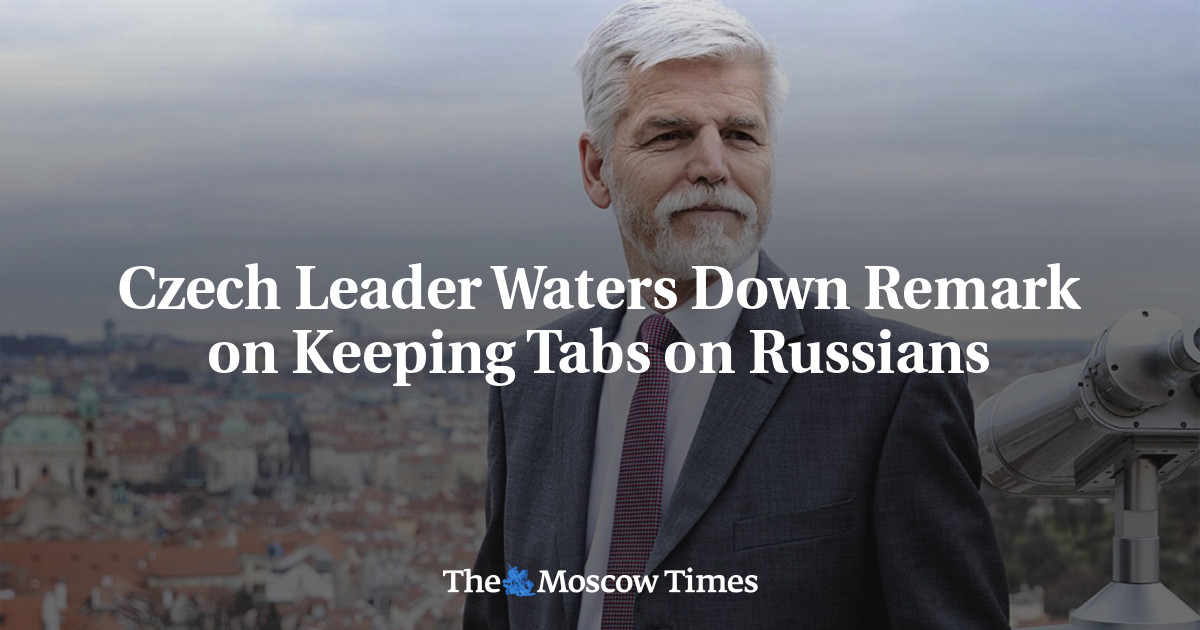
The Czech president’s office on Friday watered down his claim that Russians living in the West should be monitored, likening them to Japanese Americans who were interned in the United States during World War II.
President Petr Pavel told U.S.-funded Radio Free Europe/Radio Liberty (RFE/RL) Thursday that Russians living in Western countries should be closely monitored by security services, given Moscow’s “aggressive war” in Ukraine.
He used the example of the Japanese diaspora in the U.S. during World War II, who he said were put under “a strict monitoring regime as well” after the attack on Pearl Harbor in 1941.
In fact the U.S. put more than 125,000 people of Japanese descent in internment camps between 1942 and 1945.
But Pavel’s spokeswoman insisted Friday that he never suggested such measures should be followed now.
“In no way did he (Pavel) mean internment or any persecution,” Marketa Rehakova told AFP.
She said Pavel used the example to show that “restrictive security measures towards the citizens of an enemy state are nothing new and were implemented in the past, even though in a much harsher way.”
She added security services should pay “increased attention” to the Russian community living in the Czech Republic as Moscow threatens Prague and Western allies with retaliation for their support of Ukraine.
“Of course not to every individual but to potential risk factors,” she said.
Pavel’s statements angered the Russian community in the EU and NATO member.
“Honestly I just cannot get over the fact that the president of Czechia quite blatantly suggests that all Russian nationals should be kept at concentration camps,” journalist Maria Pevchikh wrote on Twitter.
She added local security services should target wealthy Russians with property in the Czech Republic, not independent journalists and activists.
Pavel, a former NATO general, told Prague-based RFE/RL that “when there is an ongoing war, the security measures related to Russian nationals should be stricter than in normal times.
“All Russians living in Western countries should be monitored much more than in the past because they are citizens of a nation that leads an aggressive war,” Pavel said.
“That’s simply the cost of war.”
Prague has provided Kyiv with substantial humanitarian and military aid since the Russian invasion and received almost half a million refugees from Ukraine.
Pavel visited Ukraine in April, a month after taking office.